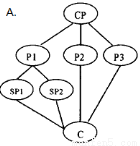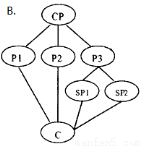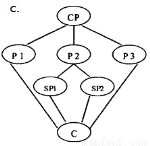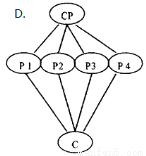0 133000 133008 133014 133018 133024 133026 133030 133036 133038 133044 133050 133054 133056 133060 133066 133068 133074 133078 133080 133084 133086 133090 133092 133094 133095 133096 133098 133099 133100 133102 133104 133108 133110 133114 133116 133120 133126 133128 133134 133138 133140 133144 133150 133156 133158 133164 133168 133170 133176 133180 133186 133194 151629
 y job
y job rofessors expect students to use computers to do homework or to complete projects. Since students are competing for good grades, those who have limited access to computers are at a great disadvantage. Furthermore, being able to do projects using the computer enhances the process of learning.
rofessors expect students to use computers to do homework or to complete projects. Since students are competing for good grades, those who have limited access to computers are at a great disadvantage. Furthermore, being able to do projects using the computer enhances the process of learning. s their learning process by making the process easier, more interesting, more engaging, and in the process enhancing their quality of life.
s their learning process by making the process easier, more interesting, more engaging, and in the process enhancing their quality of life. ity to help the students to prepare for their future
ity to help the students to prepare for their future



 m, preparing yourself for when you're off on your own. It's OK to get angry but angry actions don't help you or your parents. Act calmly, cool off, write down your feelings, or talk to a friend. 2.
m, preparing yourself for when you're off on your own. It's OK to get angry but angry actions don't help you or your parents. Act calmly, cool off, write down your feelings, or talk to a friend. 2. TV, or go somewhere with them4. Listen to their old stories and learn from them. You will find they are your teachers in this way or another.
TV, or go somewhere with them4. Listen to their old stories and learn from them. You will find they are your teachers in this way or another. gers onto the platform.
gers onto the platform.  in trip when I was ten years old. I went with my elder sister to visit our cousins six hundred miles away. The train--so loud and violent on the outside--was and rocking inside. We were very excited, and as that was also our first time away from our parents, we felt somewhat frightened too. However, because I had so much, I was a little disappointed when I was finally one of the passengers I had for so long.
in trip when I was ten years old. I went with my elder sister to visit our cousins six hundred miles away. The train--so loud and violent on the outside--was and rocking inside. We were very excited, and as that was also our first time away from our parents, we felt somewhat frightened too. However, because I had so much, I was a little disappointed when I was finally one of the passengers I had for so long. irplane.
irplane. money
money C. noisier D. faster
C. noisier D. faster 10. he wanted was to run and to feel the experience of running fully and freely.I learned a lot from the experience.
10. he wanted was to run and to feel the experience of running fully and freely.I learned a lot from the experience.  ),并在其下面写出该加的词。删除:把多余的词用(\)划掉。
),并在其下面写出该加的词。删除:把多余的词用(\)划掉。 起)不计分。
起)不计分。 the stars in outer space. Photos also tell stories.
the stars in outer space. Photos also tell stories. Each picture is like a chapter in a book, which can do more than record the facts. It can also be a strong force for social change.
Each picture is like a chapter in a book, which can do more than record the facts. It can also be a strong force for social change.